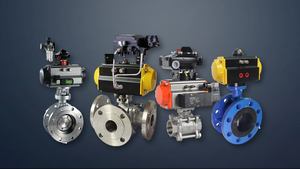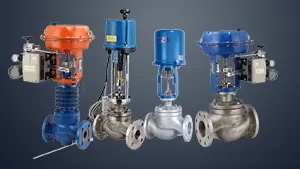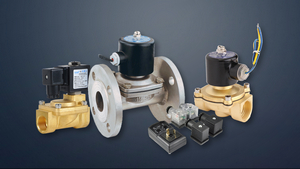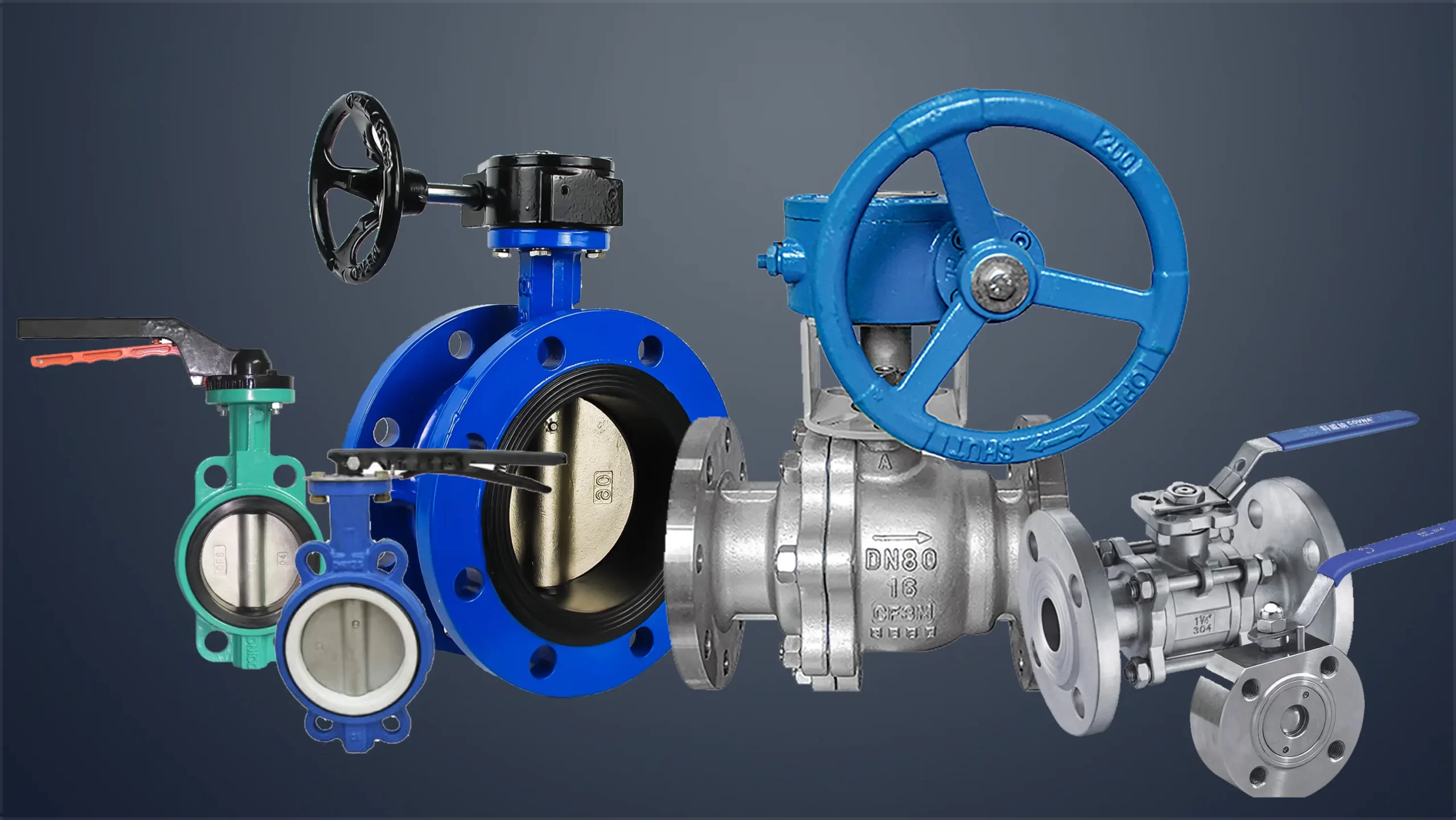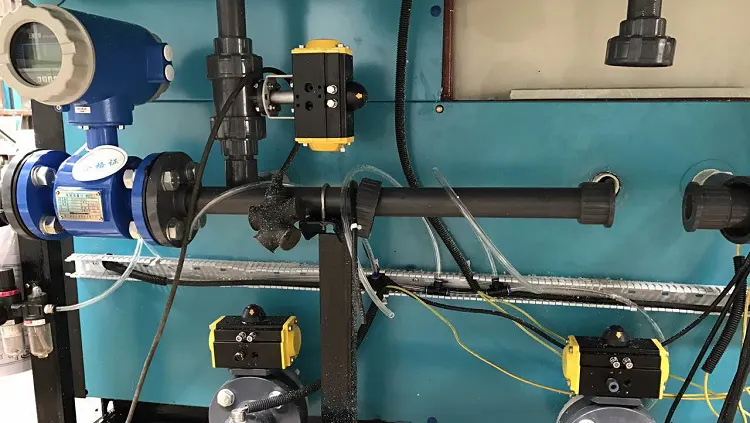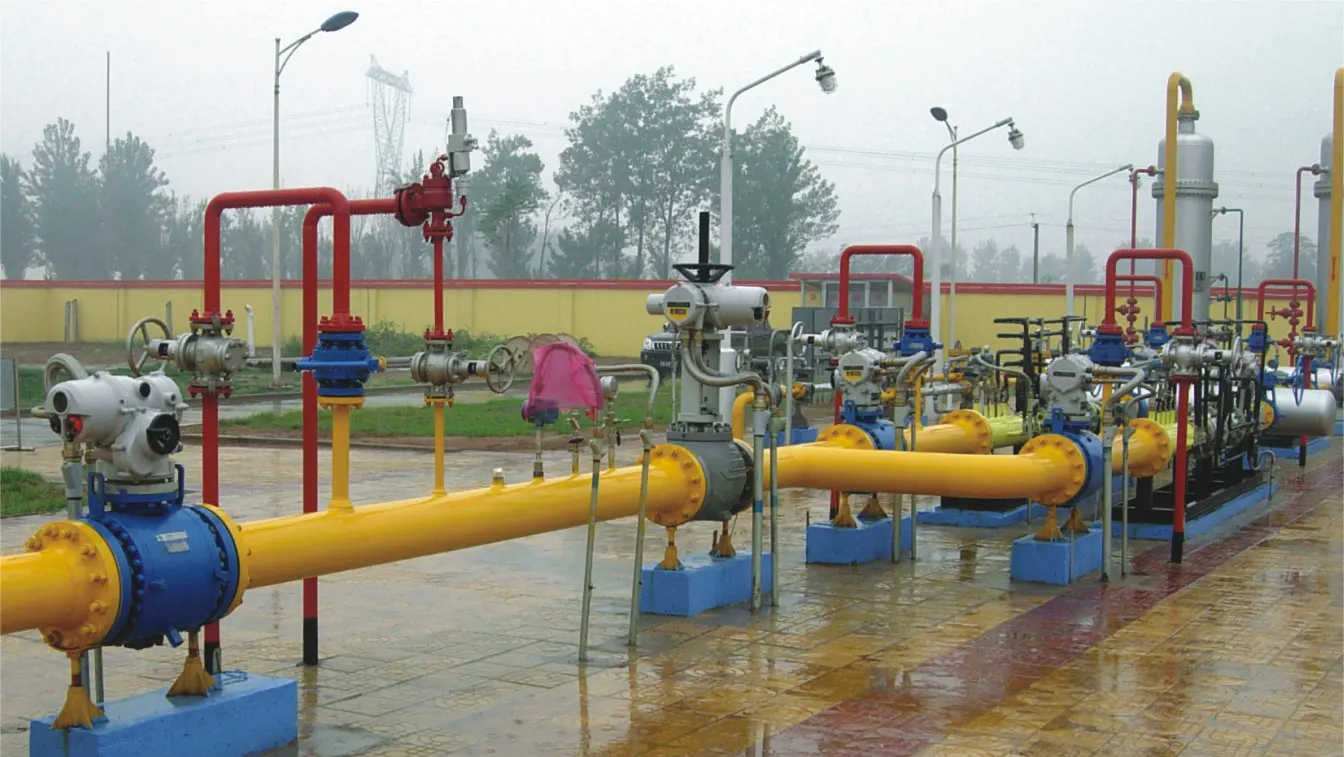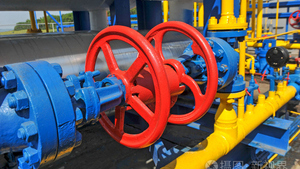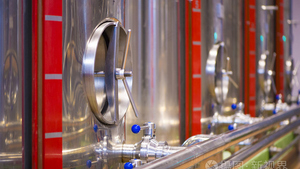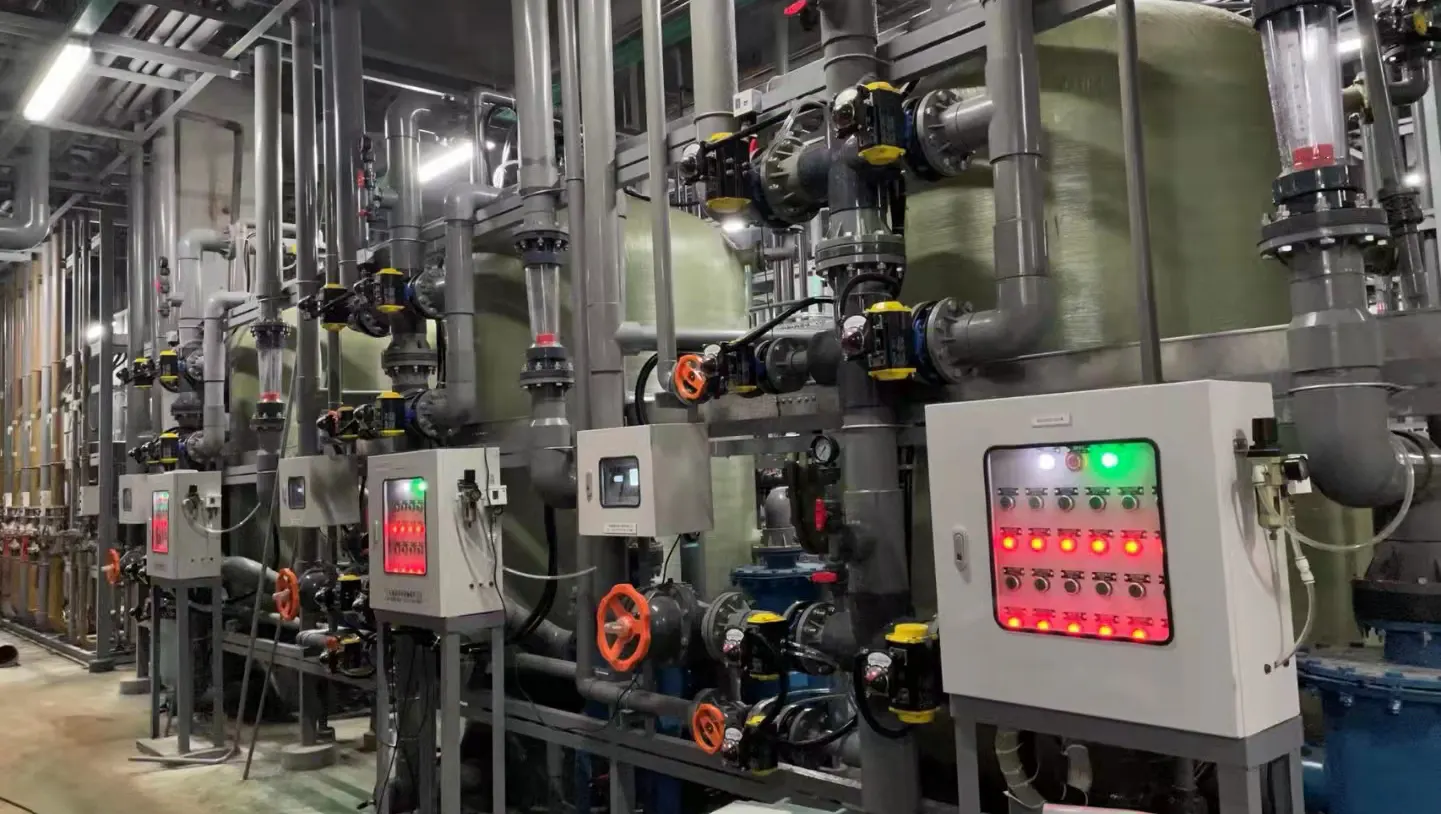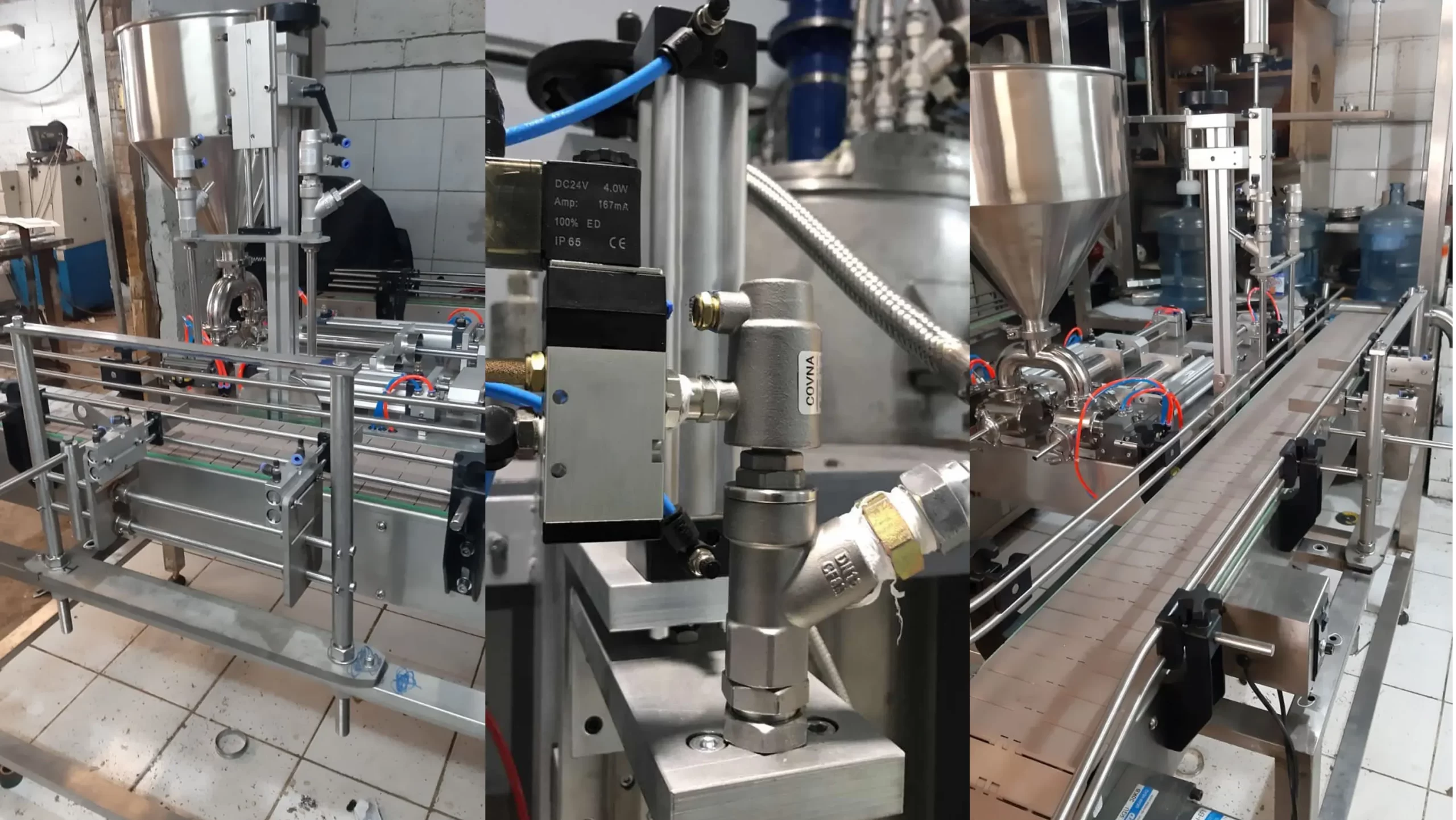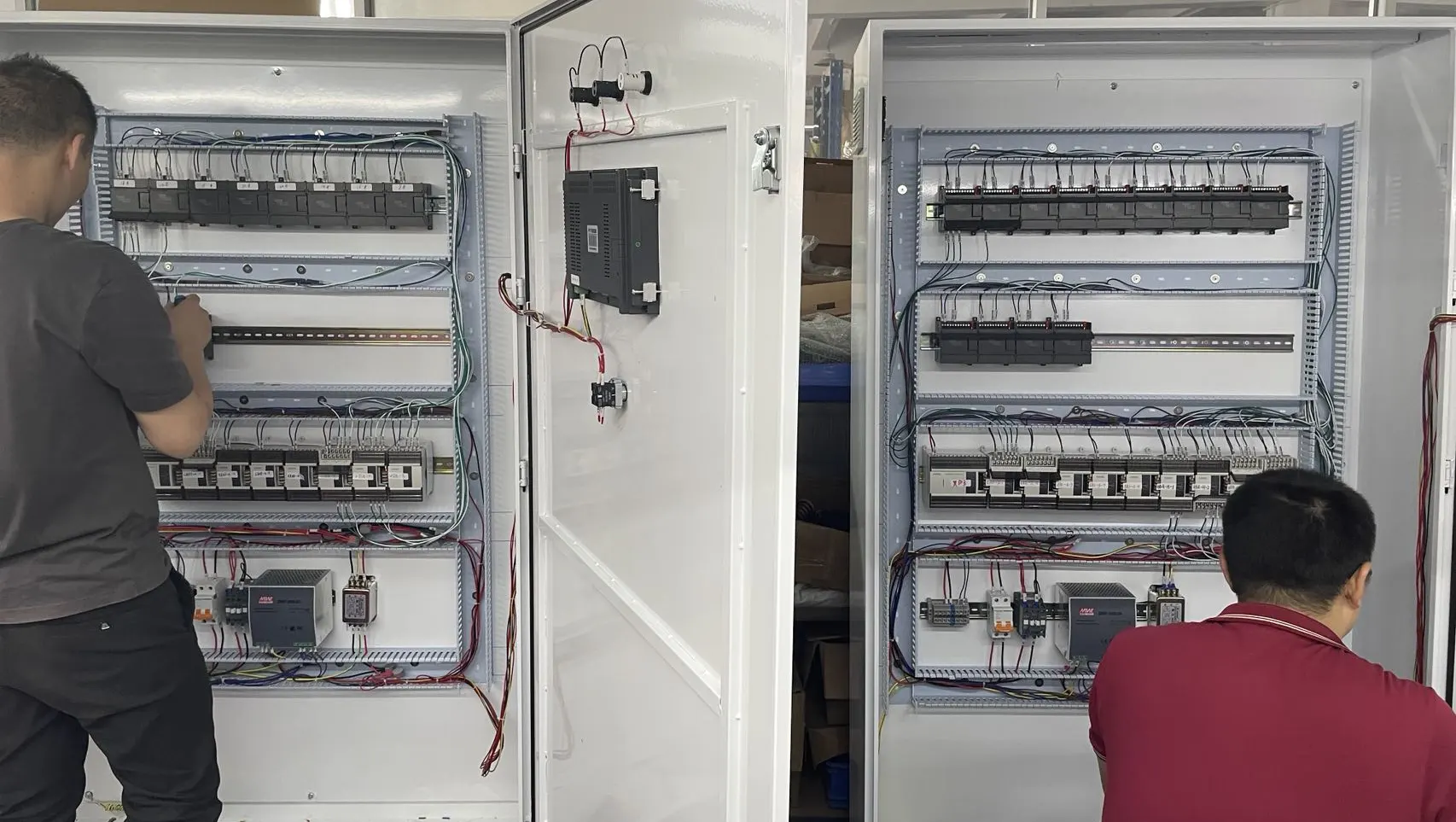For valves under corrosive medium conditions, anti-corrosion is the most critical part of chemical equipment. If the metal materials of chemical valves cannot be selected correctly, a little carelessness can damage the equipment, or cause an accident or even a disaster. According to relevant statistics, about 60% of the damage of chemical equipment is caused by corrosion. Therefore, when selecting chemical equipment, attention should be paid to the scientific nature of material selection. There is usually a misunderstanding that stainless steel is a “universal material”, regardless of the medium and environmental conditions, it is not correct and dangerous. Here are some key points of material selection for some commonly used chemical media:
Hydrochloric Acid:
Most metal materials are not resistant to hydrochloric acid corrosion (including various stainless steel materials), and high-silicon ferro-molybdenum can only be used in hydrochloric acid below 50°C and 30%. Contrary to metal materials, most non-metal materials have good corrosion resistance to hydrochloric acid, so rubber pumps and plastic pumps (such as polypropylene, fluoroplastics, etc.) are the best choice for transporting hydrochloric acid.
Sulfuric Acid:
As one of the strong corrosive media, sulfuric acid is an important industrial raw material with a wide range of uses. The corrosion of sulfuric acid with different concentrations and temperatures is quite different. For concentrated sulfuric acid with a concentration above 80% and temperature less than 80℃, carbon steel and cast iron have better corrosion resistance, but it is not suitable for high-speed flowing sulfuric acid. It is not suitable for use as a material for pump valves; ordinary stainless steels such as 304 (0Cr18Ni9) and 316 (0Cr18Ni12Mo2Ti) have limited use for sulfuric acid media. Therefore, pump valves for sulphuric acid are usually made of high-silicon cast iron (difficult to cast and process) and high-alloy stainless steel (alloy 20). Fluoroplastics have good resistance to sulfuric acid, and fluorine-lined pump valves (F46) are a more economical choice.
Nitric acid:
Most metals are quickly corroded and destroyed in nitric acid. Stainless steel is the most widely used nitric acid resistant material. It has good corrosion resistance to all concentrations of nitric acid at room temperature. It is worth mentioning that stainless steels containing molybdenum (such as 316, 316L) ) The corrosion resistance to nitric acid is not only better than ordinary stainless steel (such as 304, 321), and sometimes even worse. For high temperature nitric acid, titanium and titanium alloy materials are usually used.
Acetic Acid:
It is one of the most corrosive substances in organic acids. Ordinary steel will be severely corroded in acetic acid at all concentrations and temperatures. Stainless steel is an excellent acetic acid resistant material. 316 stainless steel containing molybdenum is also suitable for high temperature and dilute acetic acid vapor. . For demanding requirements such as high temperature and high concentration of acetic acid or other corrosive media, high alloy stainless steel or fluoroplastic pumps can be used.
Alkali (Sodium Hydroxide):
Iron and steel are widely used in sodium hydroxide solution at a concentration of 30% below 80°C, and many petrochemical plants still use ordinary steel at 100°C and below 75%. Although corrosion increases, it is economical. The corrosion resistance of ordinary stainless steel to lye has no obvious advantages compared with cast iron. As long as a small amount of iron is allowed to be mixed in the medium, stainless steel is not recommended. For high temperature lye, titanium and titanium alloy or high alloy stainless steel are mostly used.
Ammonia (Ammonia Hydroxide):
Most metals and non-metals have slight corrosion in liquid ammonia and ammonia (ammonia hydroxide). Only copper and copper alloys are not suitable for use.
Salt Water (Sea Water):
Ordinary steel has a low corrosion rate in sodium chloride solution, sea water, and salt water, and generally must be protected by paint; all kinds of stainless steel also have a very low uniform corrosion rate, but may cause local corrosion due to chloride ions, usually 316 stainless steel better.
--- END ---



